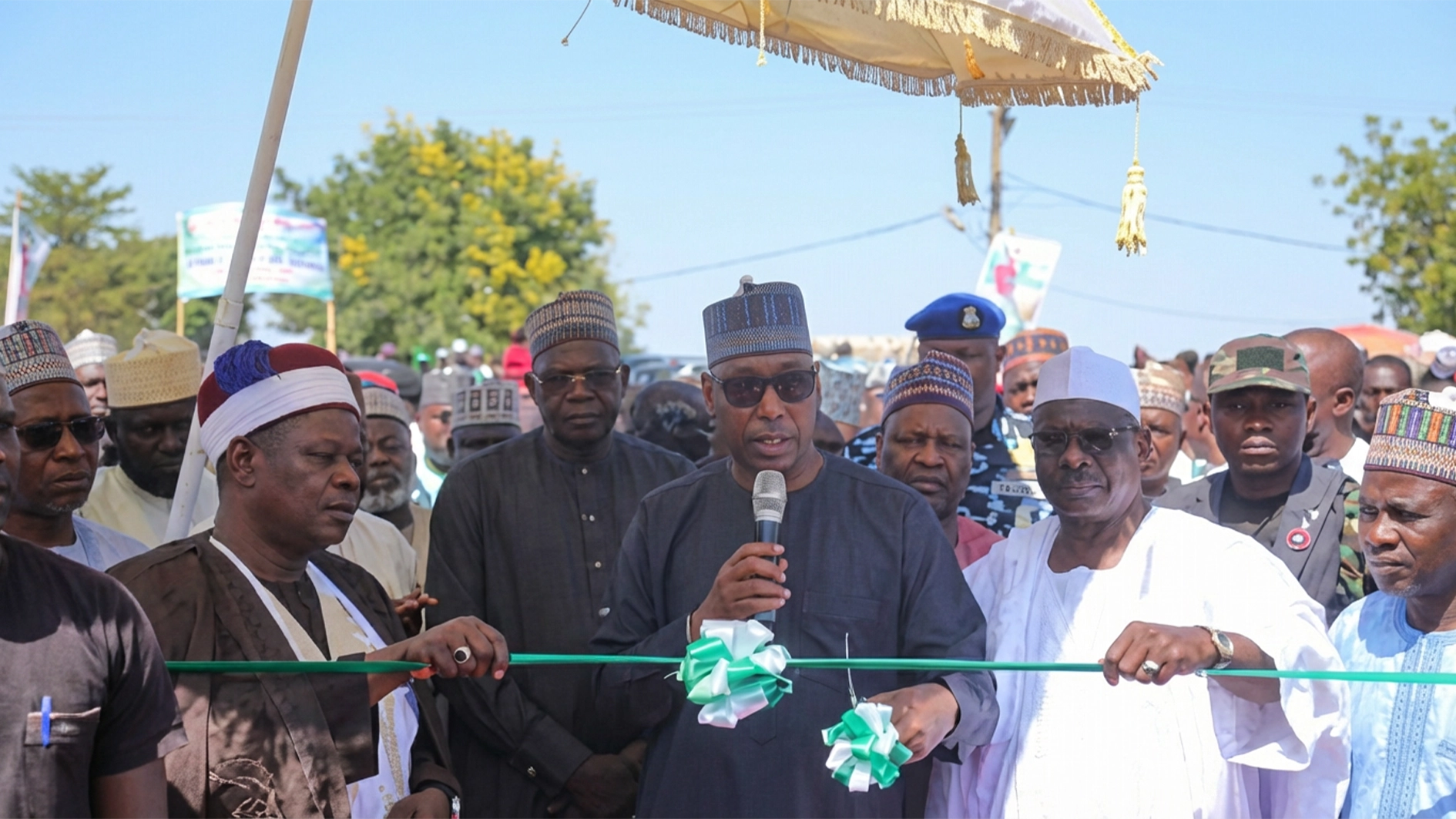Sir: On Wednesday, August 27, the management of the Federal University, Oye Ekiti (FUOYE) caused an advertorial in a national daily which seeks to shed some lights on the recent crisis in the university.
It is a culmination of more than a yearlong drawn crisis, which revealed that the problem with the university was the sinister plan by some external forces to remove its Vice-Chancellor against the requirements of the law.
From a university that was established in 2011 with the sole intention of expanding the map of federal universities across the country, to becoming a top tier tertiary institution in Nigeria and, arguably, the West African subcontinent, the Federal University Oye Ekiti has emerged as a model for building an ivory tower from the ground up into an intellectual powerhouse.
Much of the remarkable accomplishments that FUOYE has recorded remain poorly appreciated, which is unfortunate, as these achievements are a credit to the wholesome reforms that the current administration has introduced into the country’s tertiary education system.
The Nigerian university system has indeed come of age since the establishment of the premier University of Ibadan in 1949. However, it is regrettable that we are yet to fully entrench global best practices in promoting the healthy parameters required for our universities to operate in a truly enviable manner, one that ensures the light in the gown reflects positively on the town around it.
If there is any federal university that symbolises this transformative vision, it is undoubtedly the Federal University Oye Ekiti under the leadership of its Vice Chancellor, Professor Abayomi Fasina.
Within four years in the five years tenure of its current Vice Chancellor, the young university has become a preferred destination for undergraduate and postgraduate admission seekers. FUOYE has joined the ranks of highly reputable Nigerian universities and its growing reputation is already attracting recognition across neighbouring African countries.
Notably, FUOYE established a College of Medicine two years ago, and its students are now advancing into their third year with approvals secured from both the National Universities Commission (NUC) and the Medical and Dental Council of Nigeria (MDCN). On the academic front, the university has made significant strides. Since 2021, staff promotions have been tied to publications in globally recognised journals indexed in Scopus, Web of Science, and IBSS. This bold policy has transformed the research culture of the institution.
In 2024, FUOYE recorded 1,219 scholarly outputs, 4,186 citations from 754 contributing authors between 2020 and 2023 according to SciVal data. Times Higher Education in 2024 listed FUOYE as one of only 26 African universities making significant contributions to advancing the United Nations Sustainable Development Goals.
In interdisciplinary science, FUOYE was ranked seventh nationally and placed in the 601 plus global band, reflecting strong leadership in addressing complex societal challenges through cross-disciplinary research. Furthermore, in its sub-Saharan Africa ranking, Times Higher Education placed FUOYE 10th in Nigeria and 38th regionally, underscoring excellence in teaching, financial sustainability, equity, and regional impact.
It would therefore be fitting for retiring Vice Chancellors who have demonstrated remarkable leadership to be honoured with special inaugural or valedictory lectures. Sadly, what often occurs instead is that some outgoing Vice Chancellors are targeted with unfounded allegations designed to tarnish their legacies and humiliate them. This appears to be the case with Professor Fasina of FUOYE, where political schemes have given rise to phantom scandals that undermine the institution’s hard-earned reputation.
Those behind such smear campaigns are often external actors working in concert with internal collaborators who fail to realise that their own value as scholars is intrinsically tied to the reputation of their institution. It is important that situations like what unfolded at FUOYE are not allowed to recur.
The lessons from the FUOYE crisis should inspire the development of a robust mechanism for recognising and protecting high performing vice chancellors, rectors and provosts within our tertiary education system. This will ensure that these leaders are not left vulnerable to the destructive ambitions of detractors, but are instead celebrated for their vision, innovation, and service.
Justina Nwankwo, a public affairs commentator, sent this piece from Lagos.






